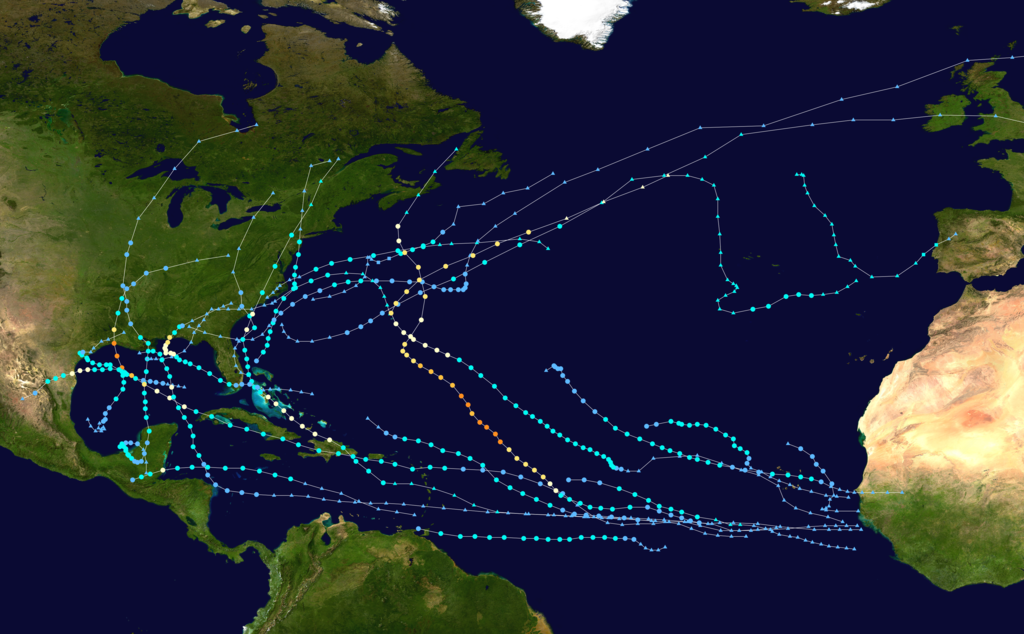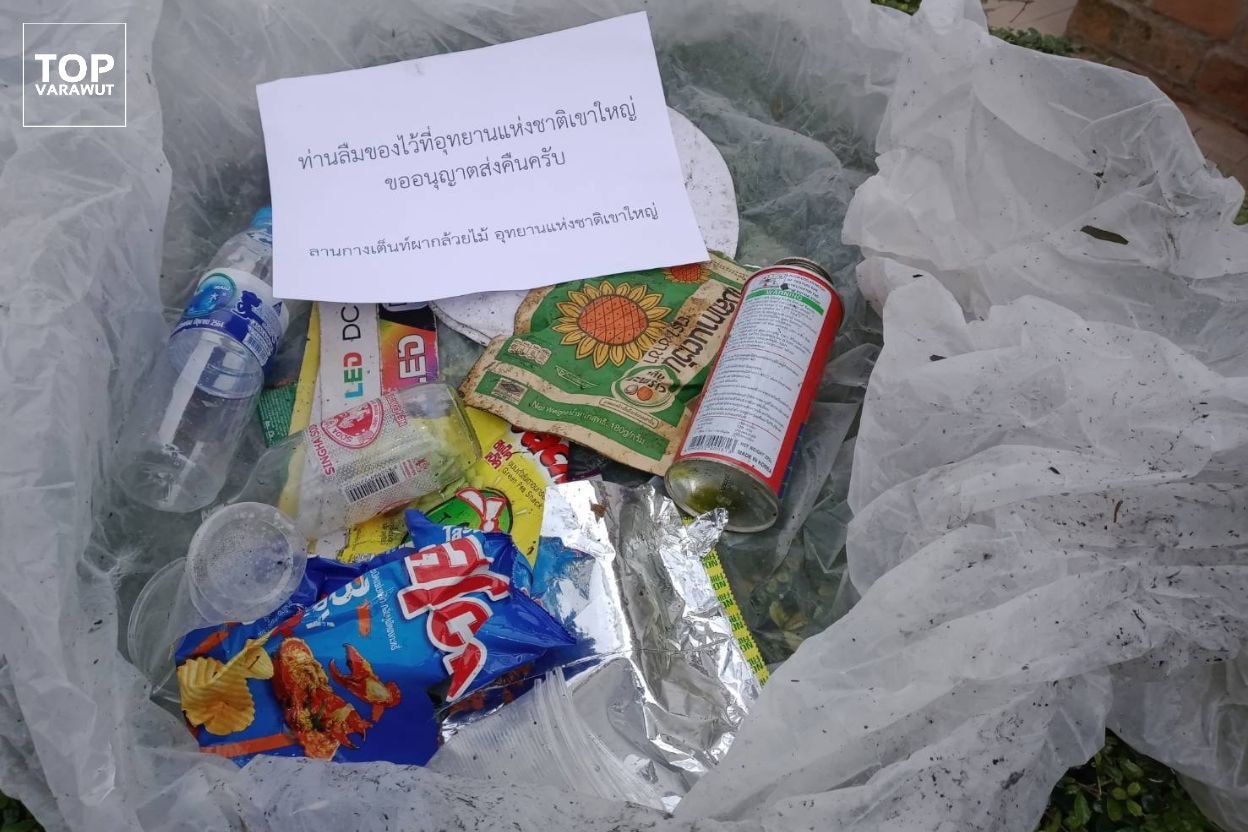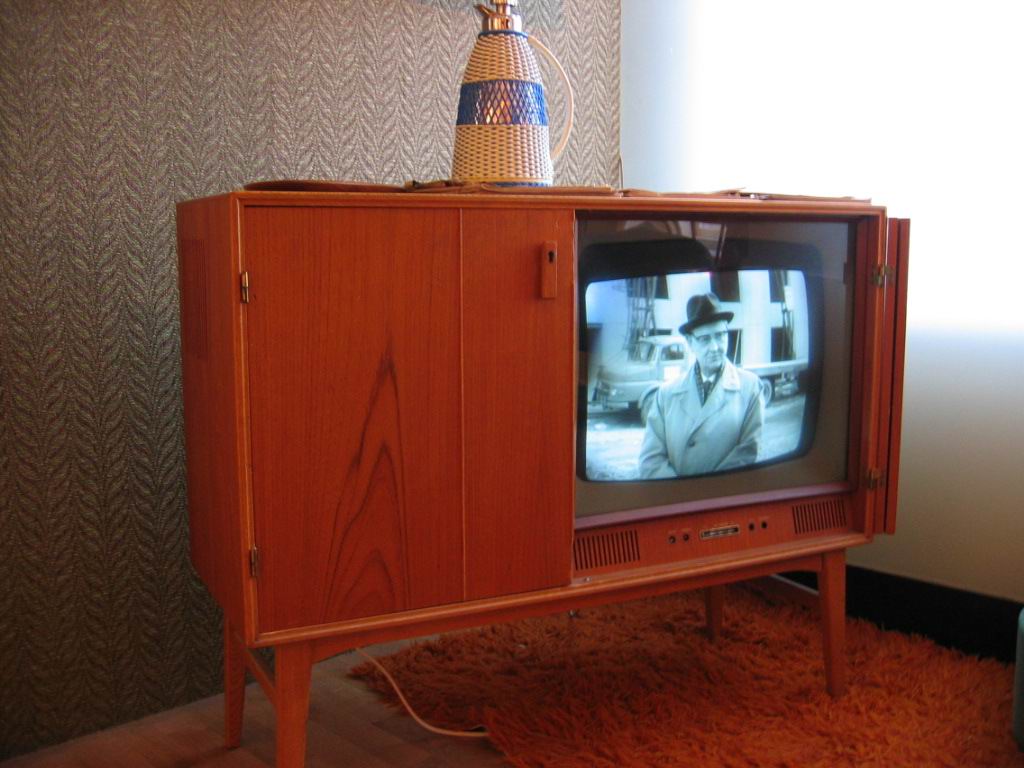Second Alphabet Needed to Name This Year’s Hurricanes
This year’s busy hurricane season in the Atlantic Ocean has made it hard for the US National Hurricane Center (NHC) to name all of the large storms. For the second time ever, the NHC has had to use a second alphabet to come up with the names.
Normally the NHC uses alphabetical lists of 21 storm names every year, skipping unusual letters like Q, U, X, Y, and Z. The lists repeat every six years.

(Source: Master0Garfield Public domain, via Wikimedia Commons.)
But this year, there have already been 23 named storms, forcing the NHC to begin giving storm names from the Greek alphabet (Alpha and Beta). This has only happened once before, in 2005, when there were 27 named storms.
Officially, the Atlantic hurricane season runs from June 1 to November 30. But this year, the first storm, Arthur, formed on May 16.
This year, there have already been 23 named storms, forcing the NHC to begin giving storm names from the Greek alphabet (Alpha and Beta). The National Weather Service posted the message below.
😕
This image has not been loaded because of your cookie choices. To view the content, you can accept 'Non-necessary' cookies.
This hurricane season has already set a number of records, and there are still more than two months left. Many people are wondering (and worrying) about how many Greek letters will be needed before the season finally ends.
Littering in Thailand? Expect a Package in the Mail
Thailand has an unusual plan to get tourists to stop littering: mailing the litter back to the people who dropped it.
Even though Thailand has laws against littering which can lead to heavy fines or even jail time, the country struggles to control the garbage created by tourists.
Recently, in response to a trashy campsite in Thailand’s oldest national part, Khao Yai National Park, the country’s Environment Minister, Varawut Silpa-archa, announced that he’s mailing the litter back to the litterbugs – after posting pictures of it on social media.

(Source: Thailand Ministry of Natural Resources and Environment via FaceBook.)
“Your trash – we’ll send it back to you,” reads one post. The pictures show plastic bottles and chip bags packaged up with a friendly note saying, “You forgot these things at Khao Yai National Park.”
The country seems to be hoping that returning the litter in a public way will embarrass the litterbugs, and remind other people not to litter in the first place.
So how did they figure out who left the garbage? By checking the park’s records and studying the trash left behind.
Internet Troubles for 18 Months. The Problem? An Old TV.
For a year and a half, the small village of Aberhosan in Wales, United Kingdom struggled to understand why the internet suddenly stopped working every morning at 7.
The local internet provider, Openreach, replaced lots of old cables in the town in the hopes of solving the problem. No luck.
Finally, Openreach sent out a team at 6 in the morning to check for electrical problems. Sure enough, right at 7, they saw a big spike of electrical noise.

(Source: WikimediaCommons.org.)
The workers were soon able to track the noise down to one house, where the owner had a very old TV. Like clockwork, every morning at 7 a.m., the owner turned on the TV, which created enough electrical noise to take out the internet for the rest of the village.
The TV’s owner was very embarrassed to learn that their device was the source of the problem, and promised to never turn it on again.
